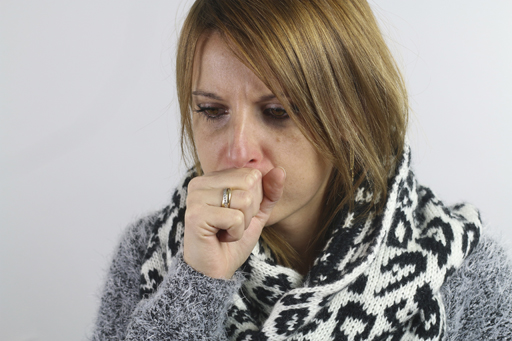COPD is a progressive, long-term condition characterised by breathlessness and cough. The rate of lung function decline is faster in the earlier stages of the disease, and this can be modified by treatment.
An exacerbation is a sustained, acute-onset worsening of the person’s symptoms from their usual stable state, which goes beyond their normal day-to-day variations. People living with COPD may experience exacerbations – some more frequently than others – and these negatively impact health status, rates of hospitalisation and readmission, and disease progression. The strongest predictor of an individual’s future exacerbation frequency is the number of exacerbations they have had in the prior year.
Exacerbations may be due to infection, but they can occur without infection. Many infective exacerbations are due to viruses, hence appropriate vaccinations are necessary to try to limit viral infection. Where there appears to be a bacterial cause of infection, a five-day course of antibiotics should be prescribed alongside a five-day course of oral corticosteroids. This recommendation is a change from previous NICE guidance, which recommended a seven- to 14-day course of oral corticosteroids. Non-infective exacerbations can be treated with corticosteroids alone.

